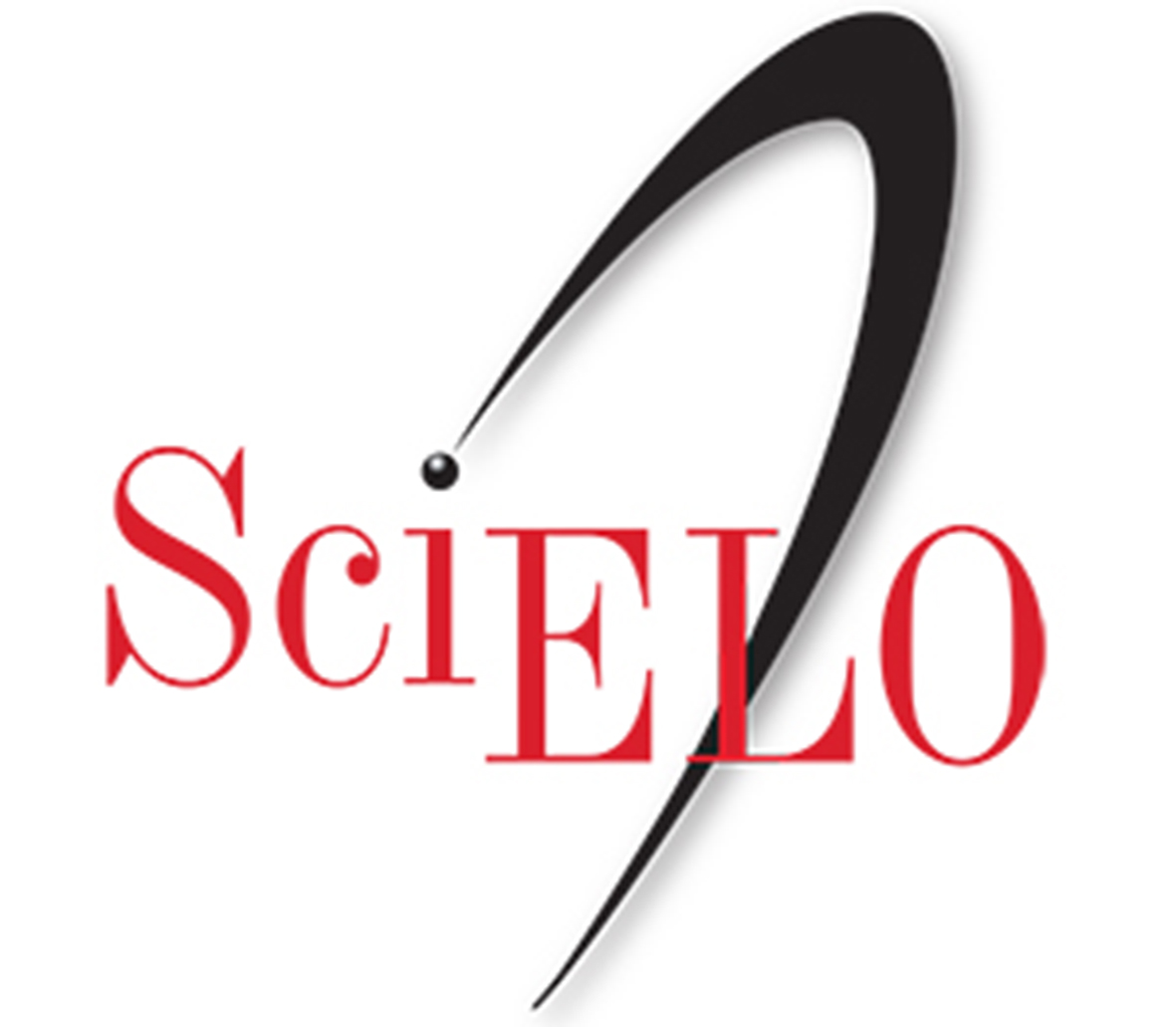EVALUATION OF CLIMATE CHANGE IMPACTS ON SUGARCANE AND CITRUS CROPS IN BRAZIL
Abstract
Agricultural production is directly related to the environmental conditions. Favorable conditions can lead to higher productivity and product quality. However, climate change may pose a threat to agricultural production across the globe, as a rise in temperature may cause a decrease in the extent of suitable areas for growing certain crops. Using spatial analysis and data from future climate change scenarios developed by the IPCC, this research aims to evaluate the impact of climate change on the sugarcane and citrus plantations in the state of Sao Paulo from agroclimatic zoning mapping. The results of this research demonstrate that both crops can suffer great reduction of areas suitable for cultivation if there are severe changes in the climate regime, and these results can be used by managers and researchers to mitigate these potential impacts, as well as to clarify how climate change affects life on the planet, with the possible reduction of food and bioenergy production.
References
BRASIL. Valor da Produção Agropecuária é atualizado para R$ 1,142 trilhão este ano. https://www.gov.br/agricultura/pt-br/assuntos/noticias/valor-da-producao-agropecuaria-e-atualizado-para-r-1-142-trilhao-este-ano, 2023 (accessed on Jun 30).
CASSAMO, C. T., DRAPER, D., ROMEIRAS, M. M., MARQUES, I., CHIULELE, R., RODRIGUES, M., ... & RAMALHO, J. C. (2023). Impact of climate changes in the suitable areas for Coffea arabica L. production in Mozambique: Agroforestry as an alternative management system to strengthen crop sustainability. Agriculture, Ecosystems & Environment, 346, 108341.
CIIAGRO. Zoneamento macro - Aptidão ecológica da cultura da cana-de-açúcar. http://www.ciiagro.sp.gov.br/znmt_macro_10.html, 2009a (accessed on Jun 30).
CIIAGRO. Zoneamento macro - Aptidão ecológica da cultura da citrus. http://www.ciiagro.sp.gov.br/znmt_macro_12.html, 2019b (accessed on Jun 30).
CONAB. SAFRA 2023/24 CANA-DE-AÇÚCAR 4º LEVANTAMENTO https://www.conab.gov.br/info-agro/safras/cana, 2024 (accessed on Jun 30).
FAROOQ, A., Farooq, N., Akbar, H., Hassan, Z. U., & Gheewala, S. H. (2023). A critical review of climate change impact at a global scale on cereal crop production. Agronomy, 13(1), 162.
IBGE. IBGE: Brasil em Síntese | São Paulo | Panorama. https://cidades.ibge.gov.br/brasil/sp/panorama, 2019 (accessed on Jul 30).
IBGE. Produção de Laranja https://www.ibge.gov.br/explica/producao-agropecuaria/laranja/br, 2022 (accessed on Jun 29).
MASSIGNAM, A. M., PANDOLFO, C., SANTI, A., CARAMORI, P. H. AND VICARI, M. B. Impact of climate change on climatic zoning of common bean in the South of Brazil. Embrapa Trigo-Artigo em periódico indexado (ALICE), 2017.
NATIONS, U. Climate Change. https://www.un.org/en/sections/issues-depth/climate-change/, 2019 (accessed on Jul 20).
NGCAMU, B. S. (2023). Climate change effects on vulnerable populations in the Global South: a systematic review. Natural Hazards, 118(2), 977-991.
PINTO, H. M. S., SANTOS VIANNA, M., DA COSTA, L. G. AND MARIN, F. R. Produtividade de cana-de-açúcar no Estado de São Paulo baseada em simulações multimodelos e mudanças climáticas. Agrometeoros, 2018, v. 26, n. 1.
RIBEIRO, A. F., MARTINS, F. B., DOS SANTOS, D. F., TORRES, R. R., & FAGUNDES, F. F. A. (2024). Suitable areas for temperate fruit trees in a Brazilian hotspot area: Changes driven by new IPCC scenarios. European Journal of Agronomy, 155, 127110.
SÃO PAULO. Secretaria da Agricultura. Zoneamento agrícola do Estado de São Paulo. Secretaria da Agricultura, 1974.
SILVA, E. H. F. M., ALMEIDA PEREIRA, R. A., GONÇALVES, A. O., BORDIGNON, Á. J. Z. AND MARIN, F. R. Simulação de produtividade futura de soja em Piracicaba-SP com base em projeções de mudanças climáticas. Agrometeoros, 2018, v. 25, n. 1.
TAYYEBI, M., SHARAFATI, A., NAZIF, S., & RAZIEI, T. (2023). Assessment of adaptation scenarios for agriculture water allocation under climate change impact. Stochastic Environmental Research and Risk Assessment, 37(9), 3527-3549.
VERMA, A. K., GARG, P. K., PRASAD, K. H., & DADHWAL, V. K. (2023). Variety-specific sugarcane yield simulations and climate change impacts on sugarcane yield using DSSAT-CSM-CANEGRO model. Agricultural Water Management, 275, 108034.
WANG, S., XIE, W., & YAN, X. (2022). Effects of future climate change on citrus quality and yield in China. Sustainability, 14(15), 9366.
WHITMEE, S., HAINES, A., BEYRER, C., et al. Safeguarding human health in the Anthropocene epoch: Report of the Rockefeller Foundation-Lancet Commission on planetary health. The Lancet, 2015, v. 386, n. 10007, p. 1973–2028.
ZULLO JUNIOR, J., PINTO, H. S. AND ASSAD, E. D. Impact assessment study of climate change on agricultural zoning. Meteorological Applications, 2016, v. 13, n. S1, p. 69–80.
Authors who publish in this journal agree to the following terms:
- Authors retain the copyright and grant MERCATOR the right of first publication, with the work simultaneously licensed under the Creative Commons Attribution License, which allows the sharing of the work with recognition of the authorship of the work and initial publication in this journal.
- Authors are authorized to sign additional contracts separately, for non-exclusive distribution of the version of the work published in this journal (e.g., publish in an institutional repository or as a book chapter), with acknowledgment of authorship and initial publication in this journal.
- Authors are allowed and encouraged to publish and distribute their work online (e.g., in institutional repositories or on their personal page) at any point before or during the editorial process, as this can generate productive changes as well as increase the impact and citation of the published work (see The Effect of Free Access).
- Authors are responsible for the content of the manuscript published in the journal.






